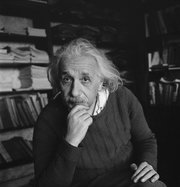The word “run” is particularly rich in the number of different (not to mention subtle and colourful) meanings it conveys.
Let’s start with the simplest senses of verb and noun: if you are in a hurry, you run. And if you are fitness-inclined, you go for a run.
But these basic meanings soon give way to more sophisticated nuance.
A Word Cloud for the text of the post Run That By Me Again
You can run a business. You can run a series of tests — or perform a series of tests; run and perform are equivalent here. But curiously, although you can perform a play, you do not run a play.
You can run the numbers. Or be given the run of the place.



